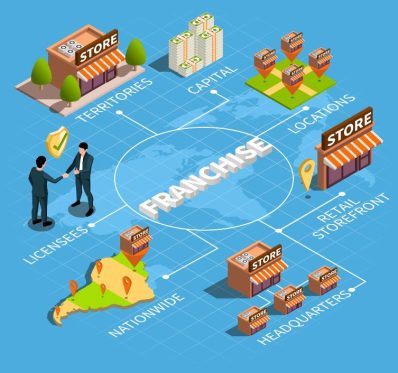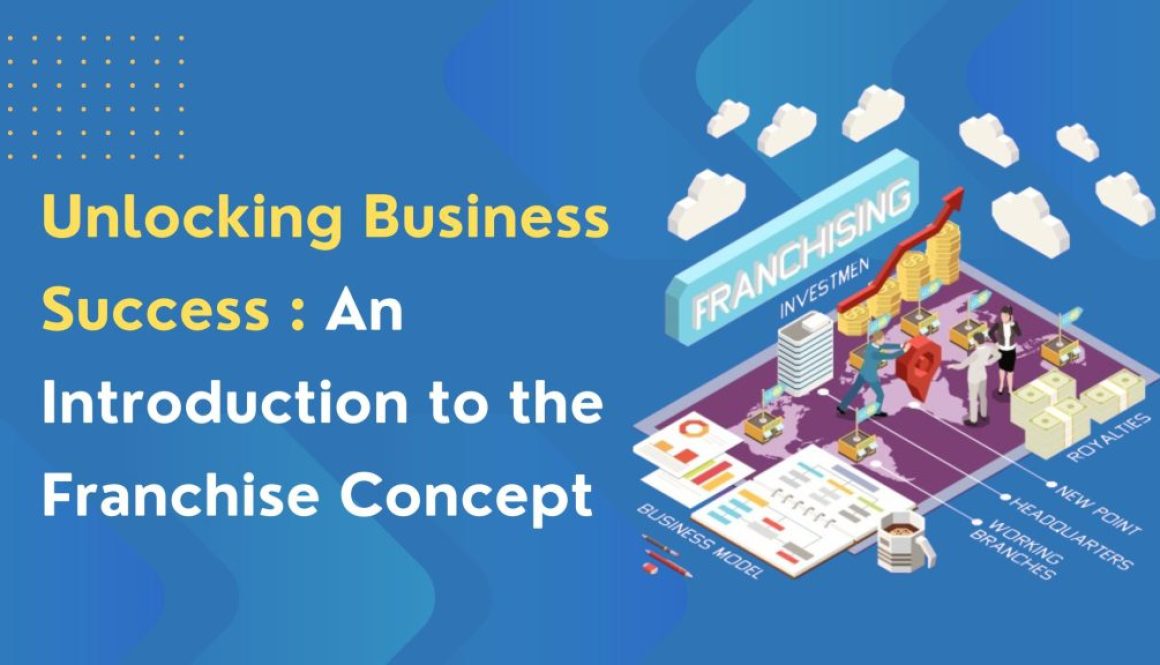MASTERING THE ART OF FRANCHISE BUSINESS: YOUR ULTIMATE GUIDE ON HOW TO START A FRANCHISE BUSINESS WITH FRANCHISE ALPHA
Introduction
In the dynamic landscape of entrepreneurship, the franchise concept has emerged as a powerful vehicle for individuals aspiring to own and operate their own business. This innovative business model combines the autonomy of small business ownership with the proven success and support of an established brand. In this guide, we delve into the fundamentals of the franchise concept, exploring its key components, benefits, and the pathway it offers to ambitious entrepreneurs.
Understanding the Franchise Concept
A franchise is a business arrangement where an established and successful company (the franchisor) grants another individual or entity (the franchisee) the right to operate a business using its proven brand, products, and business model.
- Franchisor: The entity that owns the established business model and brand.
- Franchisee: The individual or entity that purchases the right to operate a business under the franchisor’s brand.
- Franchise Fee: The initial payment made by the franchisee to the franchisor for the right to use the brand and receive support.
- Royalties: Ongoing fees paid by the franchisee to the franchisor based on a percentage of sales.
Benefits of the Franchise Concept
Franchisees benefit from a well-established and proven business model, reducing the risks associated with starting a new business from scratch.
Leveraging the reputation and recognition of an established brand helps attract customers and build trust in the local market.
Franchisors provide comprehensive training programs and ongoing support, equipping franchisees with the knowledge and tools for success.
Access to national or regional marketing campaigns helps franchisees promote their business effectively, often at a lower cost than independent ventures.
Franchisees can benefit from bulk purchasing power, reducing costs for supplies and inventory through the franchisor’s negotiated deals.
Joining a franchise network provides a sense of community and the opportunity to learn from and collaborate with fellow franchisees.
Franchise Models

- Retail Franchises:
– Involves the sale of physical products to customers in a brick-and-mortar setting. Examples include restaurants, convenience stores, and clothing outlets. - Service Franchises:
– Focuses on providing services to customers. This can include cleaning services, education, healthcare, and more. - Home-Based Franchises:
– Allows franchisees to operate their business from home, reducing overhead costs. Examples include consulting, coaching, or online services.
Is Franchising Right for You?
1. Entrepreneurial Spirit:
– Franchisees should have an entrepreneurial spirit with a desire to own and operate their own business.
2. Follow the System:
– Success in franchising often comes from following the established system laid out by the franchisor.
3. Financial Considerations:
– Assess your financial capacity and understand the initial investment, ongoing fees, and potential returns associated with the franchise.
4. Research and Due Diligence:
– Thoroughly research potential franchisors, their track record, and the industry to ensure alignment with your goals and values.
Conclusion:
Embarking on a franchise journey is a transformative step toward business ownership. The franchise concept provides a unique opportunity for aspiring entrepreneurs to build their enterprises with the backing of a successful and established brand. As you explore the world of franchising, weigh the benefits, conduct due diligence, and envision the possibilities that await you on the road to business success.
